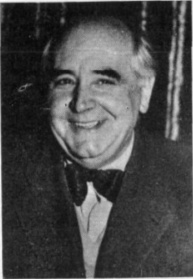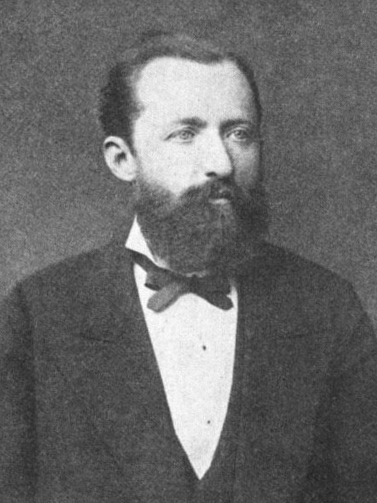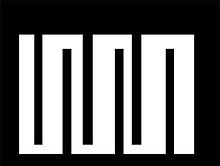
Croatia

Miroslav Krleža
writer
A one time Vice President and General Secretary of the Yugoslav Academy of Sciences and Arts (JAZU), he has often been proclaimed the greatest Croatian writer of the 20th century and beyond.

Miro Gavran
writer of short stories, fiction and drama
His works have been translated into 40 languages, making him the most translated Croatian writer, and his books have come out in 200 different editions at home and abroad. His dramas and comedies have had more than 330 theatre first nights around the world and have been seen by more than two million theatre attendants.

Marko Marulić
poet and humanist
Marulić achieved a permanent status and position that has remained uncontested. His central Croatian oeuvre, the epic poem Judita s based on the Biblical tale from a Deuterocanonical Book of Judith, written in Čakavian dialect – his mother tongue and described by him as u versi haruacchi slozhena ("arranged in Croatian stanzas")

August Šenoa
novelist
In his novels, he fused national romanticism characterized by buoyant and inventive language with realistic depictions of the growth of the petite bourgeois class.
This "father of the Croatian novel" (and modern national literature) is at his best in his mass Cecildemillean scenes and poetic description of oppressed Croatian peasantry, nobility struggling against foreign rule (Venetians, Austrians/Germans and Hungarians) and romanticised period from the 15th to the 18th century. It has become a commonplace phrase that "Šenoa created the Croatian reading public", especially by writing in a popular style.

Ivana Brlić-Mažuranić
best Croatian writer for children
It was in 1913 when her book The Marvelous Adventures and Misadventures of Hlapić the Apprentice (also known as The Brave Adventures of Lapitch and Čudnovate zgode šegrta Hlapića) was published that really caught the literary public's eye. In the story, the poor apprentice Hlapić accidentally finds his master's lost daughter as his luck turns for the better.
Her book Croatian Tales of Long Ago (Priče iz davnine), published in 1916, is among the most popular today in large part because of its adaptation into a computerized interactive fiction product by Helena Bulaja in 2003/2006.[1] In the book Mažuranić created a series of new fairy-tales, but using names and motifs from the Slavic mythology of Croats. It was this that earned her comparisons to Hans Christian Andersen and Tolkien who also wrote completely new stories but based in some elements of real mythology.








